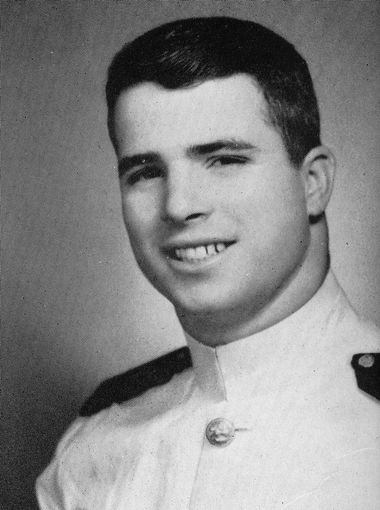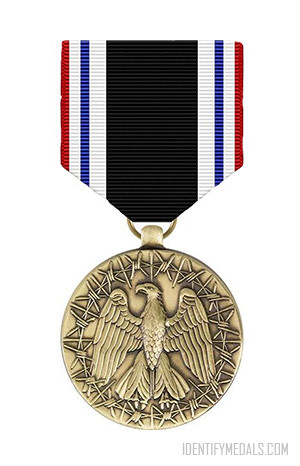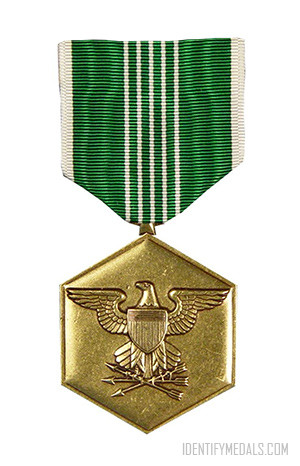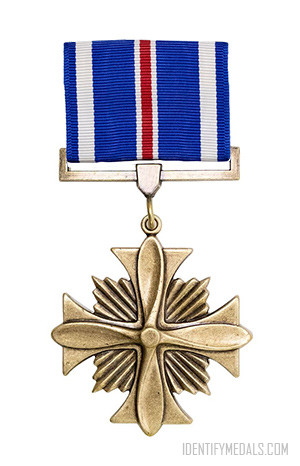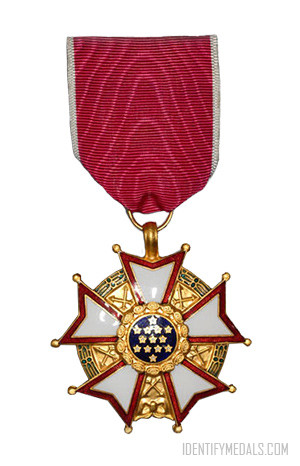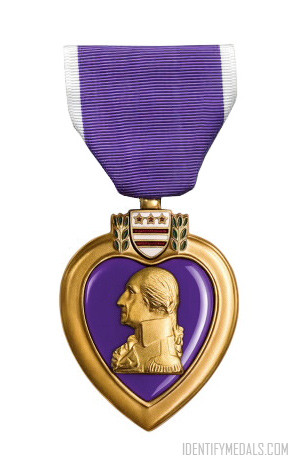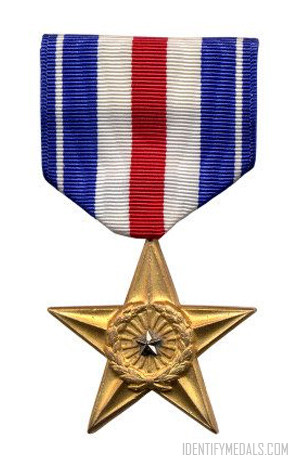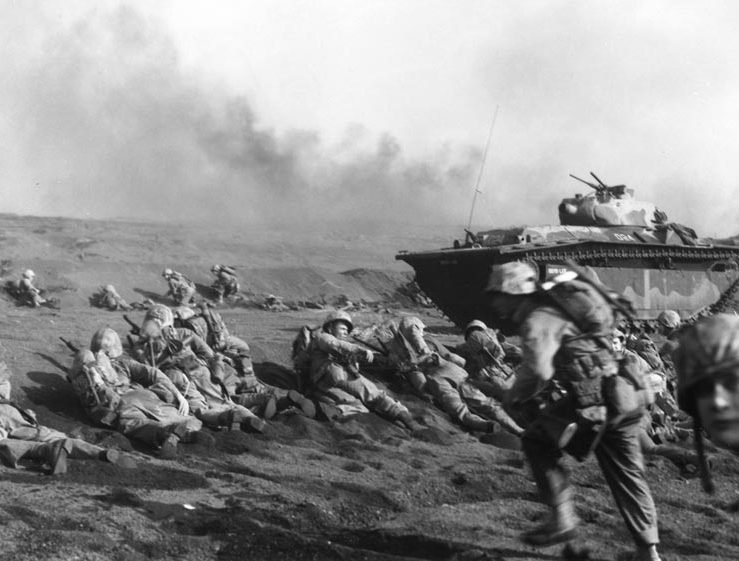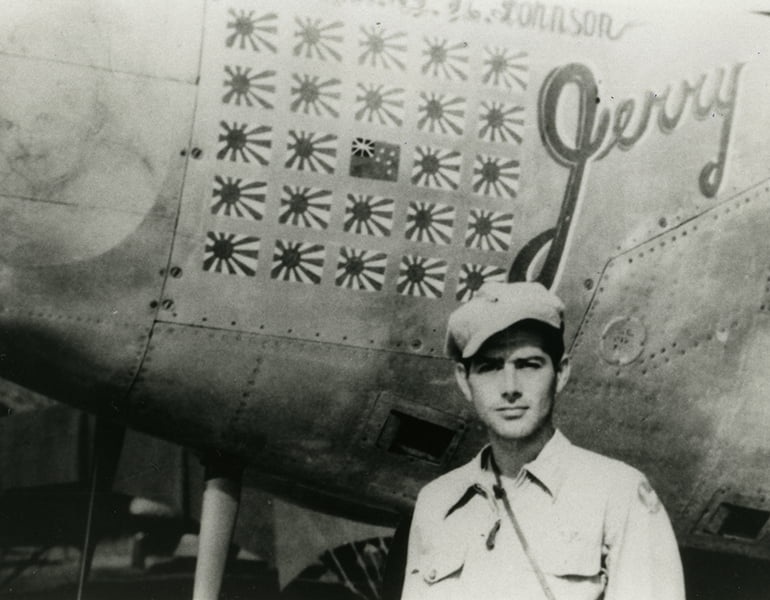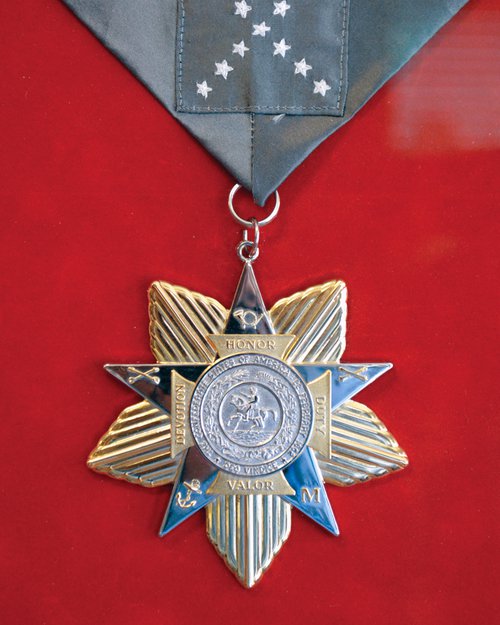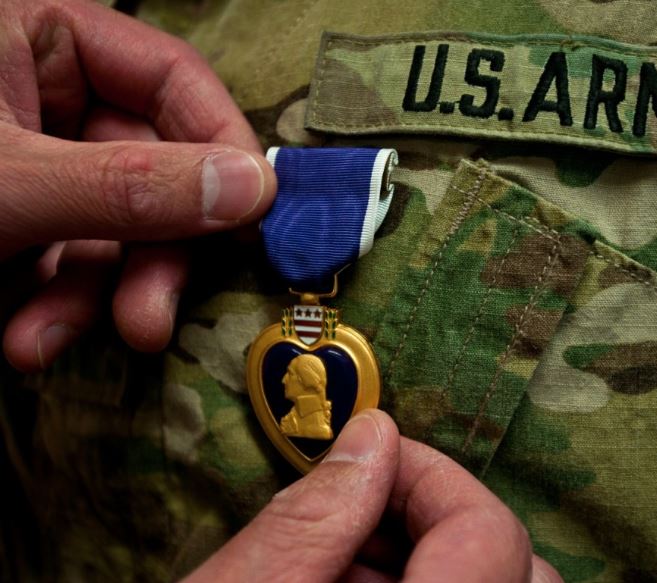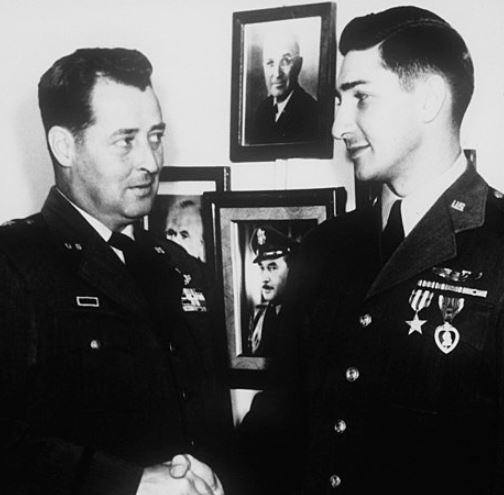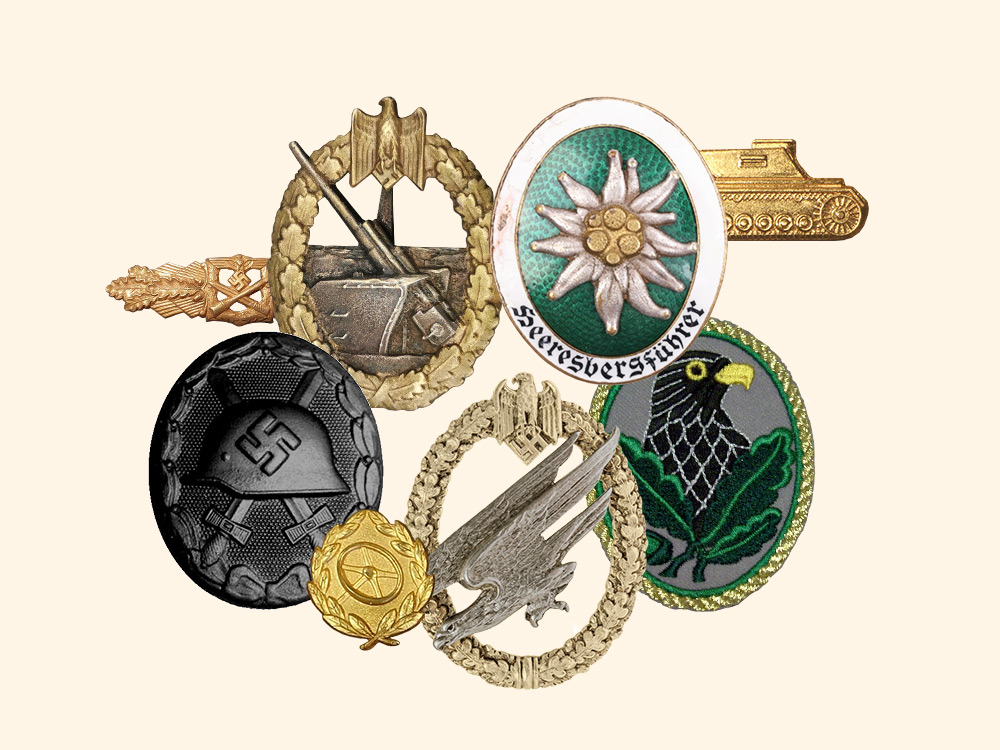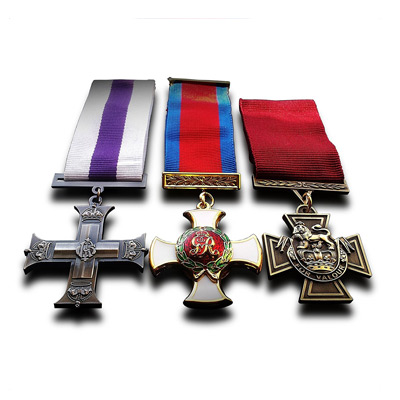Born on August 29, 1936 at Coco Solo Naval Station in the Panama Canal Zone when it was a U.S. territory, John McCain grew up in a family that had multiple examples of service to America. Both his father and grandfather were distinguished Navy Admirals, and McCain would follow in their footsteps as well as participating in politics in his later life.
Admired on both the right and the left, John McCain dedicated his life to serving the American people and was willing to endure great pain and suffering to fulfill that duty.
Who Was John McCain?
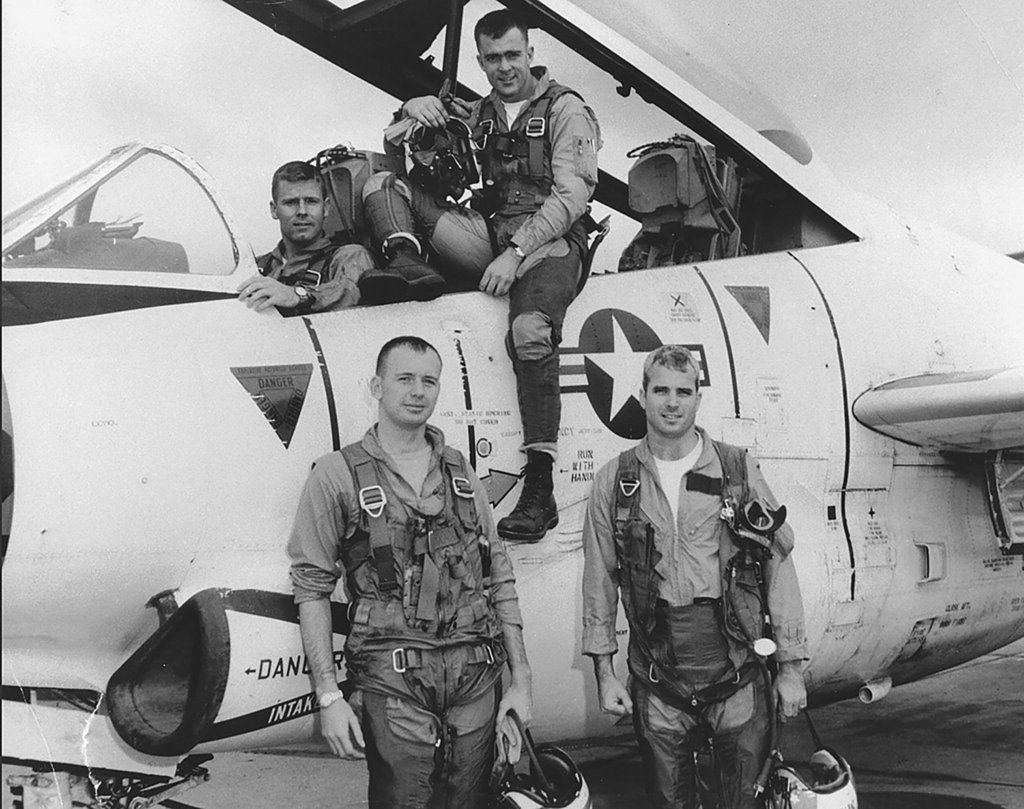
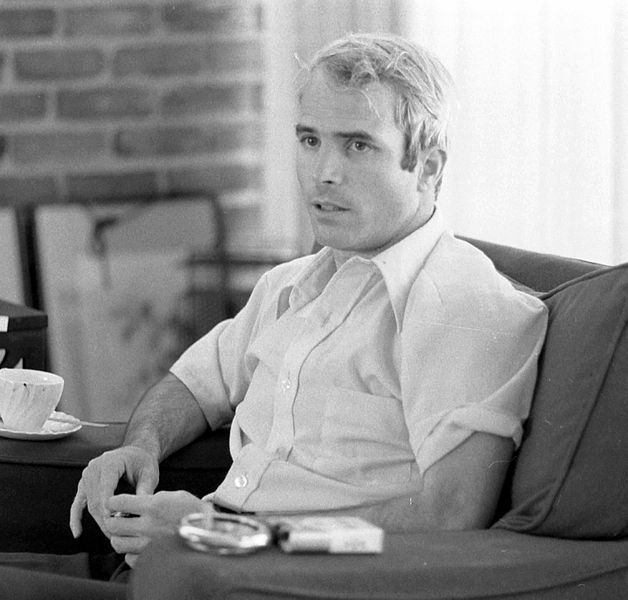
As a military brat, McCain moved frequently as a child and attended 20 different schools throughout his childhood. He attended the Naval Academy, graduating near the bottom of his class in 1958 and became a Naval aviator for the 22 years, including serving in North Vietnam during the Vietnam War.
Although his father and grandfather had always been well-known in the military, McCain began to be recognized for his own service after his lengthy imprisonment in Vietnam. McCain’s 23rd bombing mission over North Vietnam on October 26, 1967 went terribly wrong when a missile struck his plane, forcing McCain to eject. In the process, he was knocked unconscious, broke both his arms and his leg, and taken prisoner.
McCain was a prisoner of war in the camp now known as “Hanoi Hilton”, a prison used by the French colonists in French Indochina for political prisoners, and later by North Vietnam for U.S. prisoners of war during the Vietnam War. He did not receive the medical treatment that he desperately needed and endured years of torture, spending much of his time in solitary confinement. The friendship of his fellow POWs like Air Force Majors George “Bud” Day and Norris Overly and his Christian faith kept him going during this time.
In late June, as McCain’s father was preparing to assume command of the U.S. forces in the Pacific, the North Vietnamese gave McCain the opportunity to accept an early release, which McCain denied. It was good that he did because the North Vietnamese had hoped to demoralize the American people and other POWs that POWs with privileged parents like McCain could escape, but others could not.
Since POWs were released based on their date of capture, McCain was finally released on March 14, 1973. He continued his service in the Navy once he returned home, including his last duty assignment of serving as naval liaison to the United States Senate. McCain retired from the Navy on April 1, 1981, with the rank of captain.
John McCain and the House of Representatives
Soon thereafter McCain was elected to the U.S. House of Representatives as a representative from Arizona in 1982 and served for two terms. Four years later, he was elected to the United States Senate in 1986, taking the seat formerly held by Republican Barry Goldwater. Throughout his career in the U.S. Senate, McCain served as the Chairman of the Senate Committees on Indian Affairs, Commerce, Science and Transportation, and the Armed Services.
McCain had media reputation of being a “maverick” due to his willingness to vote differently than his party on particular issues, including his stances on gun control and gay/lesbian issues. He is most well-known for the campaign finance reform bill of 2002—the McCain-Feingold Act.
In 2000, McCain attempted to run for president, but lost the primary to George W. Bush of Texas, who later became the 43rd president. In 2008, McCain again ran for president and was the Republican Party’s nominee for president and chose Governor Sarah Palin as his running mate, losing the election to Barack Obama and Joe Biden.
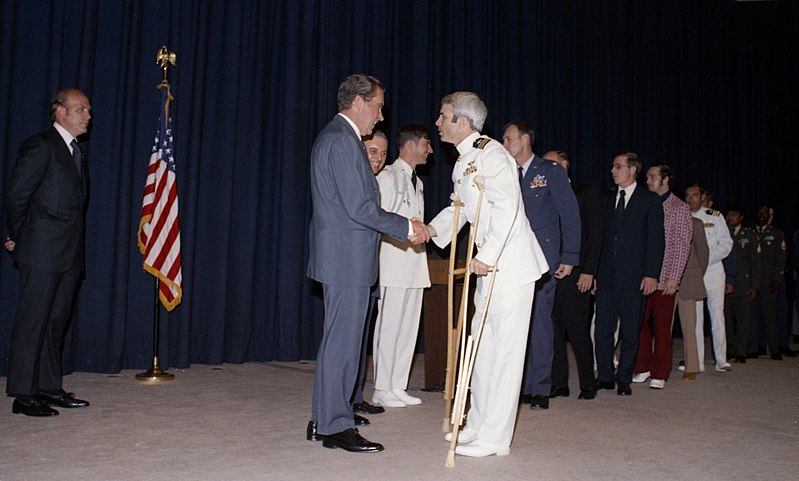
Even though he lost the presidency, McCain continued to serve in the Senate for 10 years after the presidential election in 2008 until his death in 2018, becoming one of America’s longest-serving politicians.
In his personal life, McCain met and married Carol Shepp in 1965 while stationed at Meridian Naval Air Station, adopting her two sons from a previous marriage, Doug and Andy. A daughter Sidney was born in 1966. In the late 1970s, McCain’s marriage failed, and their divorce was final in April 1980.
The next month, McCain married Cindy Hensley whom he had met in 1979 in Hawaii. They would have four children together: daughter Meghan who was born in 1984, John Sidney “Jack” McCain IV who was born in 1985, James Hensley McCain who was born in 1988, and Bridget who was adopted in 1991.
McCain also coauthored a variety of books: Faith of My Fathers (1999), Worth the Fighting For: A Memoir (2002), Why Courage Matters: The Way to a Braver Life (2004), Hard Call: Great Decisions and the Extraordinary People Who Made Them (2007), Thirteen Soldiers: A Personal History of Americans at War (2014), and The Restless Wave: Good Times, Just Causes, Great Fights, and Other Appreciations (2018).
Some of John McCain’s medals:
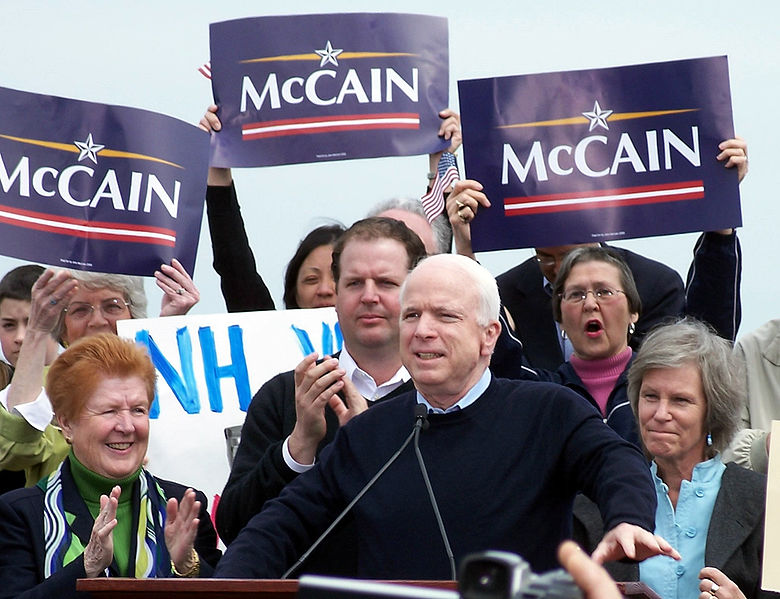
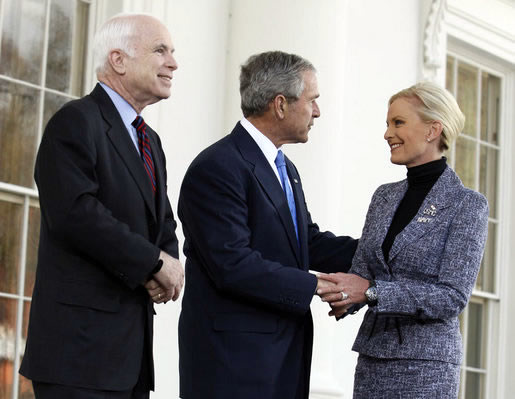
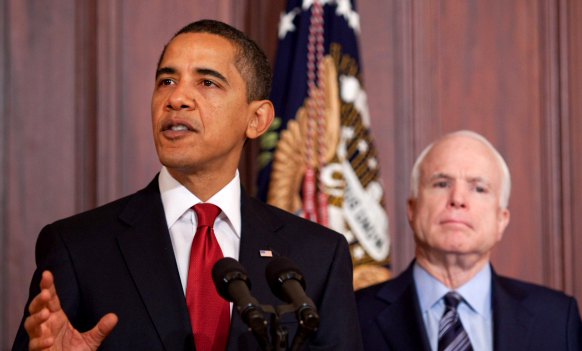
Although some Republicans see McCain as a controversial political figure due to his unorthodox political decisions—he chose to vote down a bill that would repeal the Affordable Health Care Act (NBC News had the apt title: “McCain hated Obamacare. He also saved it.”), almost all Americans have a huge respect for McCain’s military service, especially given the years that he served as a POW.
For his service and as a prisoner-of-war, McCain received the Silver Star, the Distinguished Flying Cross, the Legion of Merit with Combat ‘V’ and one gold star, the Bronze Star Medal with Combat ‘V’ and two gold stars, two Purple Hearts, the Navy Commendation Medal, and the Prisoner-of-War medal. In October 2017, McCain received the Liberty Medal.
Diagnosed with a type of brain cancer in July 2017, McCain decided to discontinue treatment on August 24, 2018, dying on August 25, 2018. McCain’s remains laid in state at the U.S. Capitol Rotunda, a high honor that has been presented to fewer than three dozen people, including Abraham Lincoln, John F. Kennedy, and Ronald Reagan.
Sources
- https://www.johnmccain.com
- https://www.biography.com/people/john-mccain-9542249
- https://www.history.navy.mil/browse-by-topic/people/profiles-in-duty/profiles-in-duty-vietnam/john-s–mccain-iii/john-s–mccain-iii–a-brief-navy-biography-.html
- https://www.usnews.com/news/articles/2007/02/08/10-things-you-didnt-know-about-john-mccain
Guest Contributor: Rachel Basinger is a former history teacher turned freelance writer and editor. She loves studying military history, especially the World Wars, and of course military medals. She has authored three history books for young adults and transcribed interviews of World War II veterans. In her free time, Rachel is a voracious reader and is a runner who completed her first half marathon in May 2019.

